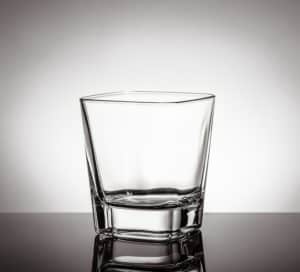 The Prohibition Era may be over but there are still several counties and towns in Texas that have laws prohibiting the sale of alcohol. We refer to these alcohol deserts as Texas dry counties, or sometimes moist counties, if they allow some alcohol sales with tough restrictions. There is an understandable amount of confusion and controversy over these laws and how they can affect drunk driving.
The Prohibition Era may be over but there are still several counties and towns in Texas that have laws prohibiting the sale of alcohol. We refer to these alcohol deserts as Texas dry counties, or sometimes moist counties, if they allow some alcohol sales with tough restrictions. There is an understandable amount of confusion and controversy over these laws and how they can affect drunk driving.
Texas dry counties and towns do not allow the sale of alcoholic beverages in any form, even in restaurants or other dining establishments. In 2012, there were more than 200 dry counties reported in the U.S., 7 of which are Texas dry counties with 194 other counties categorized as “moist.”. Those restrictions include the inability to purchase alcohol on certain days or restricted hours on Sundays. Some limits are based on the type of alcoholic beverage – wine vs. liquor, for example.
Texas dry counties don’t eliminate the danger of drinking and driving. If an area not allow alcohol sales, a person still has the ability to drive to a “wet” area and consume alcohol. The distance involved in driving back from a wet area can increase the chances of a drunk driving incident, DWI, injury or fatality. For the record, a DWI in any county in Texas could result in an ignition interlock requirement.
Restricting the sale of alcohol does serve to reduce the rates of drinking and driving on a local level, but it can also attribute to long-distance drunk driving. Those who wish to drink alcohol will find a way to purchase and consume their favorite drink, even if it means risking driving while intoxicated on the trip home.

Leave a Reply
You must be logged in to post a comment.